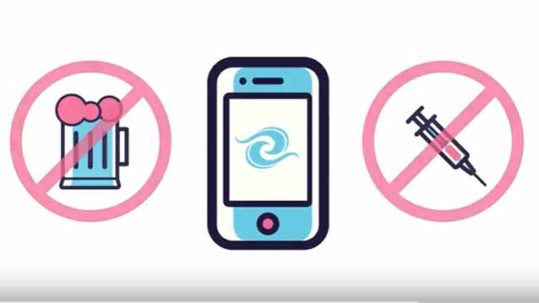
In recognition of the growing importance of mHealth applications, Harvard University’s Innovation in American Government program has named an app developed by researchers at the University of Wisconsin as a finalist for a $100,000 grant.
The app, called A-CHESS, provides support and relapse prevention to people recovering from alcohol-use disorders after they leave treatment.
A-CHESS helps recovering addicts abstain from potential relapses in several ways. A forum allows recovering addicts to swap stories and offer support to each other. A GPS locator helps vulnerable users avoid hot spot such as bars. And the app also offers a panic button that contacts loved ones if a user is feeling in danger and need of immediate rescue or support.
The app and six other finalists were selected from among 500 applicants.
A-CHESS is available for Android users from the Play Store, but the app is controlled and monitored by approved agencies and clinicians, and users must be enrolled within an agency in order to sign-in and utilize ACHESS.
Harvard’s Innovations in American Government Awards is devoted to recognizing and promoting excellence and creativity. The program highlights exemplary models of government innovation and advances efforts to address the nation’s most pressing public concerns. Since its inception in 1985, the Program has received over 27,000 applications and recognized nearly 500 government initiatives since it was established in 1985 with funding from the Ford Foundation.
According to the program’s website, the awards “serve as a catalyst for bringing creative and effective solutions to some of government’s most urgent and seemingly intractable challenges. After a rigorous process of identification and evaluation, a national selection committee of distinguished scholars and practitioners, chaired by David Gergen, selects the top programs. Such programs receive grant funding and significant press coverage. The Innovations Awards Program works vigorously to disseminate the valuable lessons offered by these initiatives.”